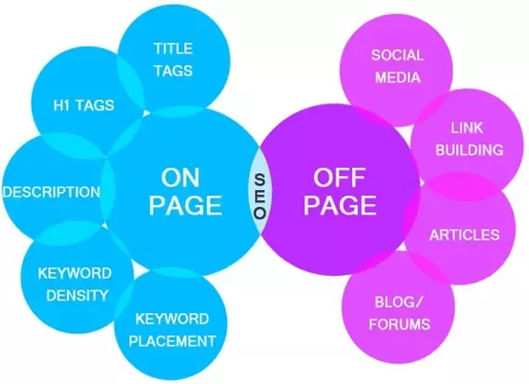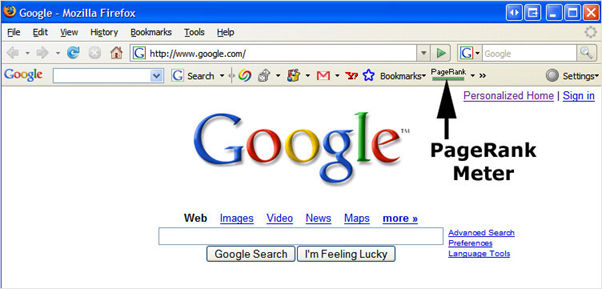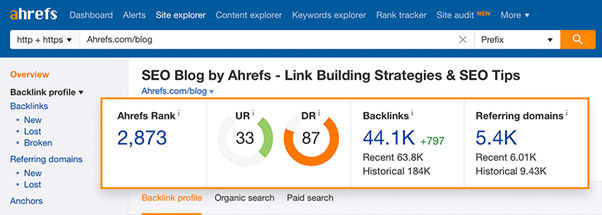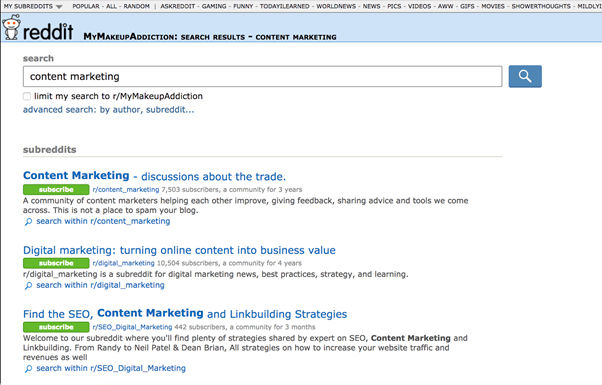We all know that implementing the right SEO tactics on a website is what will have eyes hit our pages in search results.
Over time, this translates into prime real estate online that allows us to tap into much more significant, more influential audiences, generating more visits and click-throughs. If the job is done thoroughly, consistently, and with all white-hat techniques, conversions are likely to be at the end of the tunnel – something that proves the hard work pays off.
Primarily, real SEO comes down to two well-planned out elements: on and off-page optimisation. On-page features are those we can typically control, and allow us to tweak our own websites until we’re happy with the level of optimisation they have going. This may include:
- Optimised titles and descriptions
- A user-friendly experience including sitemaps
- High quality, new content that is delivered regularly (blogs, articles, target page content, etc.)
- Image optimisation
- Mobile-friendly layouts
- External links to other pages and;
- Optimised internal links.
But what about the elements that we cannot control: the components that aren’t on our website at all? Is this all completely out of our hands?
The most prominent part of off-page elements includes other websites linking your page to theirs (which is positive, provided they aren’t spam-driven, low authority or irrelevant).
Beyond this, however, there are other forms of optimisation that we need to consider away from our on-page tidbits. So in this post, we’re diving into the nitty-gritty of these.

CAPTION: On-page vs. off-page SEO. Source.
PageRank is not dead, and it relies heavily on off-page SEO
Those who have worked in SEO will remember Google PageRank. This tool was officially discontinued in 2016 after years of non-support from the search giant, which led many to believe that PageRank was utterly dead.
The truth is that this platform is still very much alive; it’s just hidden as a built-in feature of Google now, rather than being standalone.

CAPTION: Once upon a time, you may have seen this icon in your browser toolbar. Source.
Recently, Google employee Gary Illyes tweeted a confirmation of PageRank’s current status, making it known to the world that it’s still alive and kicking: “[Did you know], that after 18 years, we’re still using PageRank (and 100s of other signals) in ranking?”
So if Illyes claims this is still a good tactic, how much attention should you pay this feature? In a nutshell, PageRank is still relevant in the context of off-page SEO because it judges the value of a page, which includes inbound and external links.
This then forms part of the criteria that build your ranking position in search engine results pages (SERPs). Do not underestimate this feature.
The more external pages link to your page (authoritative ones), the higher PageRank deems your site as valuable.
How to get more external links to your page
So now that it has been established that getting other pages to link to yours (through quality-driven link building) is vital for prime rankings, how do you achieve that goal?
The first and most obvious solution is to ask those within your network. Speak to your business partners, vendors, suppliers etc. and ask them to link back to your page through high-quality outreach.
It’s important to note here that low-quality link building tactics will only make you lose progress. No one likes a spammer, so don’t go down the track of black-hat SEO tricks (these are a thing of the past).
Think of it as PR; the more outreach you do to your industry and networks, the more likely you are to create and establish high-quality links back to your website. The incentive for them is that you will also link to their page (which builds your SEO ranking as well).
Another critical thing to remember is the relevance of the pages linking back to you. You can’t fool Google, so those that don’t carry any significance to your niche or offering are deemed as low-quality, irrelevant or ‘spammy’. Stay well away from these techniques; you may risk being penalised.
When seeking organisations that you want to link build with, consider these factors before asking them to collaborate with you:
- How trustworthy are their brand and website?
- How popular is their page? Where does it rank in Google searches?
- What’s the domain authority?
- What is the relevance between their page and yours?
- Do they have a lot of spammy links already in their portfolio? (Use a tool like Ahrefs or SEMRush to determine this).

CAPTION: Assess backlink profiles using Ahrefs.
Another way to build backlinks is to look for blogs, articles or sections of your website that match other pages on the internet.
Getting started with external link building
Before you begin, it is important to get a picture of how strong your off-page SEO is at present. There are many different ways you check the number of backlinks out there in cyberspace, including this free backlink checker.
Another critical factor to consider is the volume of organic (non-paid) traffic going to the sites that are pointing back to yours.
Google will favour pages with high levels of organic traffic over those with low volume. This can help you determine which sites and business you should approach for collaboration.
Forget about using comments
Once upon a time, simply putting your website link into the comments section of a blog or article on another site would count towards link building. This practice is no longer valid after Google introduced the “nofollow” attribute in 2005, which means these comments are no longer considered to be external links by Google.
People still try, but following their lead would be a waste of your time – trust us.
"If you’re a blogger (or a blog reader), you’re painfully familiar with people who try to raise their own websites’ search engine rankings by submitting linked blog comments like 'Visit my discount pharmaceuticals site,'" Google said in a statement.
"This is called comment spam, we don’t like it either, and we’ve been testing a new tag that blocks it. From now on, when Google sees the attribute (rel=“nofollow”) on hyperlinks, those links won’t get any credit when we rank websites in our search results."

CAPTION: Big no-no.
Other methods like this are likely to earn you a ranking penalty from Google, including:
- Blog directories where each entry has a link pointing to a website.
- Forum signatures; this is the same as commenting links except through forums.
- Link exchange schemes through webmasters or other forums where you don’t know the people behind the websites.
Think of these kinds of practices as get-rich schemes – if they sound too good to be true, then they probably are.
Social media marketing
Social media platforms like Facebook, Twitter and Instagram, present a grey area when it comes to off-page SEO and Google.
While links that come from social media are classed under the same ‘nofollow’ rules, they are not totally useless.
That is because Google uses social media signals as an entirely separate metric for developing quality searches. So, having your website mentioned on these platforms is going to provide benefits anyway.
One of the primary on-page SEO tactics you can employ is to generate regular, relevant and high-quality content in the forms of blogs and articles. You can then funnel these articles and blogs through your social media to establish your brand as a thought-leader and an expert in your field.
This will grow your audience and increase the likelihood of your articles and business links being shared or even going viral.
While these individual mentions won’t boost your Google ranking directly, it will still provide value to your campaign overall (not to mention increase your social media exposure).
Social bookmarking
While name-dropping your website in the comments section of websites or forums is ineffective and likely to earn you a penalty, there are ways you can mention your URL and still have it classed as an external link.
Social bookmarking is when we use sites like Reddit to bookmark our favourite pages online so that we can link to them quickly when we are online.

CAPTION: Search relevant topics on Reddit and start participating in conversations.
Reddit is an enormous platform with 330 million monthly active users and is an excellent place for you to place links to your blogs, articles and other web content (subtly). Other sites include Mix (formerly StumbleUpon) and Scoop.it – so don’t be scared to explore your options here.
Not sure where to start? We can assist with all of your SEO needs – on-page and off-page – to help your website become a valuable tool in growing your brand presence.
Contact the team on 1300 367 009 to get a free quote on how we can make your website work better for you.
